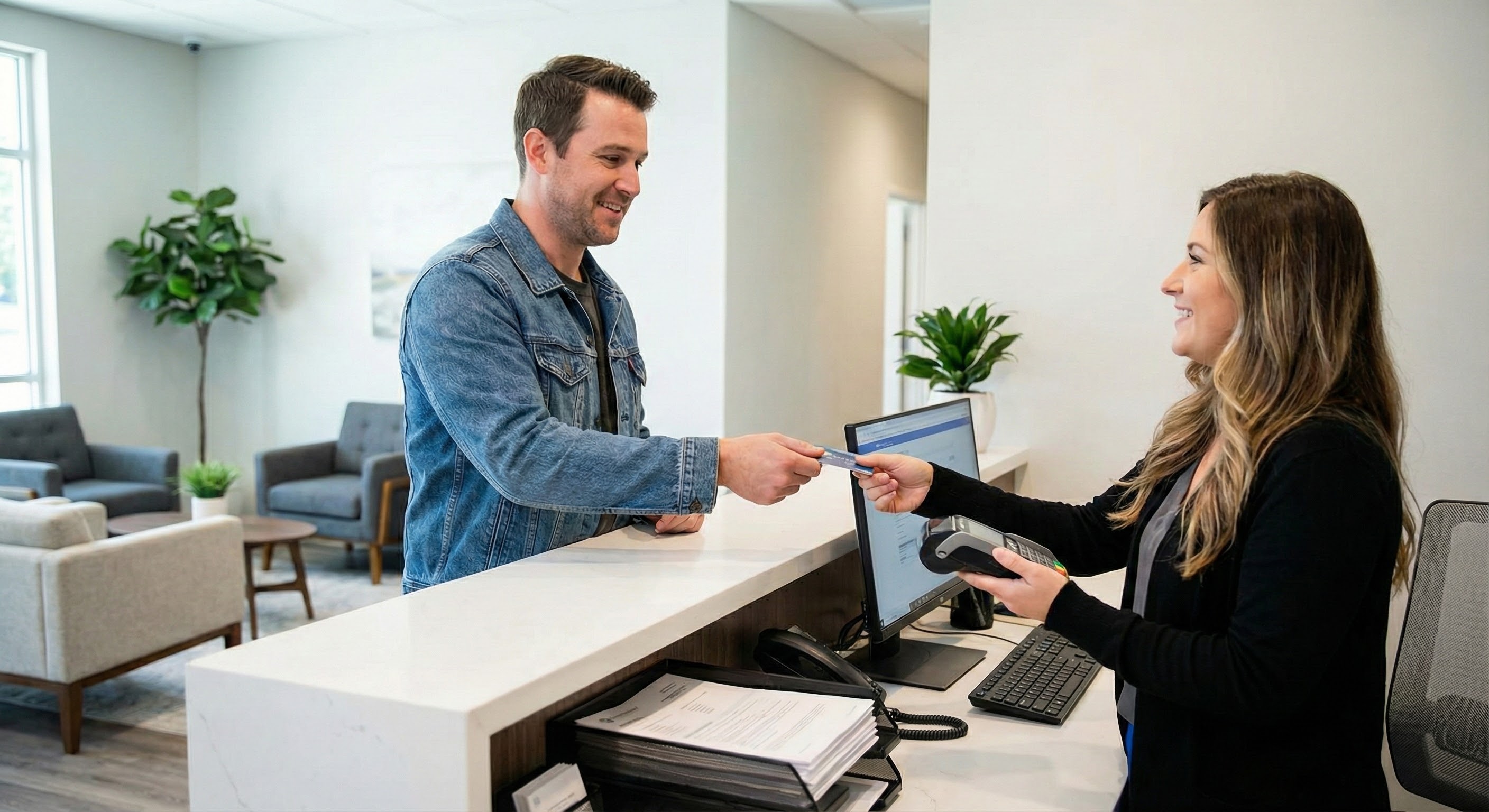LGBTQ Counseling: A Safe Space for Healing and Hope
LGBTQ counseling gives people a safe space to talk about their feelings, stress, and identity. If you’re lesbian, gay, bisexual, transgender, queer, intersex, or questioning, you deserve support that respects who you are. You are not alone. Many others in the LGBTQ community are facing similar challenges and finding help through therapy.
This blog will help you understand what LGBTQ counseling is, how it works, and where to find support. Whether you’re dealing with grief, fear, coming out, or need relationship counseling, this information is here to guide you.

What Is LGBTQ Counseling?
LGBTQ counseling is a type of therapy that focuses on the needs of LGBTQ people. It helps with many issues like:
-
Gender identity
-
Gender expression
-
Relationship problems
-
Substance abuse
-
Stress and anger management
-
Suicidal ideation and suicide prevention
-
Body image and self-confidence
-
Intimate partner violence
-
Social stigma and discrimination
A trained LGBTQ therapist understands how hard it can be to feel different or misunderstood. They offer a safe space where you can talk freely without fear of judgment.
Why Is LGBTQ Counseling Important?
Many LGBTQ people face social stigma, transphobia, and prejudice. This can lead to feelings of sadness, anger, or fear. Some people feel unsafe at school, work, or even at home. Others may struggle with religion, family acceptance, or gender dysphoria.
Counseling helps you cope with these challenges. It’s also a place to grow your confidence, learn coping skills, and build healthy relationships. Some people also need help with things like addiction, bipolar disorder, or past violence. A health professional can give the right support.

Who Can Go to LGBTQ Counseling?
Anyone can go to LGBTQ counseling. It’s for:
-
Teens exploring identity
-
Adults going through a gender transition
-
Couples needing relationship counseling
-
People of color facing added cultural pressure
-
Parents or family members wanting to understand
-
Survivors of violence, grief, or discrimination
Some people go once. Others go for many sessions. You don’t have to be in crisis. Counseling is also for people who just want to talk or need help making decisions.
Common Issues Addressed in LGBTQ Counseling
1. Coming Out
Telling people about your identity can be scary. A therapist can help you plan how and when to come out safely.
2. Gender Identity and Gender Dysphoria
You may feel like your body doesn’t match who you are. A therapist can help with those feelings and guide you through changes if you choose to transition.
3. Substance Abuse and Addiction
Many LGBTQ people turn to drugs or alcohol to numb the pain. Therapy offers healthy ways to cope and resources for recovery.
4. Grief and Loss
Losing someone, especially if your relationship wasn’t accepted, can feel lonely. Counseling can help you heal.
5. Discrimination and Violence
Many face bullying, intimate partner violence, or hate. A counselor can help you feel safe again.
LGBTQ Youth and Teen Support
LGBTQ teens often feel alone. Many struggle with suicidal ideation, school bullying, or fear of coming out. Support groups, school counselors, or hotlines like The Trevor Project can help. Therapists can also help with:
-
Peer pressure
-
Family problems
-
Body image
-
Education about human sexuality
The goal is to build safety, trust, and understanding. Teen counseling helps build a better future.
Couples Therapy for LGBTQ Partners
LGBTQ couples face unique challenges. They may deal with family rejection, legal issues, or stress from hiding their relationship. Couples therapy can help partners:
-
Improve communication
-
Handle stress management
-
Set relationship goals
-
Rebuild trust after conflict
Therapy is not just for people in crisis—it’s for any couple who wants to grow together.
How to Find an LGBTQ Therapist
To find a good LGBTQ therapist:
-
Look for a licensed health professional
-
Ask if they’ve worked with LGBTQ patients
-
Use LGBTQ-friendly websites and directories
-
Check if they accept your insurance
-
Ask about their views on gender, identity, and religion
You want someone who supports social justice, cultural identity, and who sees you as a whole person—not just a label.
Organizations like the American Psychological Association support LGBTQ counseling and research to help improve care.
LGBTQ Counseling and Health Care
LGBTQ people often have trouble getting good health care. Some doctors may not understand LGBTQ issues. Others may not be respectful. A counselor can:
-
Help you talk to doctors
-
Teach you how to advocate for your needs
-
Guide you to trusted health clinics
Therapy also helps with disease prevention, mental health, and sexual health education.
The Power of Peer Support and Advocacy
Being part of the LGBTQ community brings strength. Support groups give you space to meet others and share stories. Peer support helps reduce isolation and builds hope. You can also get involved in advocacy, spreading education and policy change to make things better for everyone.
What to Expect in LGBTQ Therapy
Your first visit may include:
-
Talking about your feelings
-
Sharing your identity and story
-
Learning goals for therapy
-
Finding out if it’s a good match
Sessions are private. You can stop at any time. You’ll talk about your thoughts, behaviors, fears, and dreams. The goal is to help you feel better and live your truth.
Helping Parents Understand
Parents often want to help but don’t know how. Counselors can meet with families to teach:
-
What gender identity and sexual orientation mean
-
How to talk to your child with love and respect
-
Why acceptance is important for mental health
Understanding parents become allies, helping their kids build a strong, happy life.
Final Thoughts
LGBTQ counseling is more than just therapy. It’s a way to feel seen, safe, and strong. Whether you need help with coping, behavior, fear, or finding your voice, you deserve care that honors your truth. Support is out there—from trusted health professionals, community organizations, or peer groups. You are not alone.
The LGBTQ community is full of hope, love, and strength. Counseling can help you connect to that power and move forward with confidence.

Seeking Treatment? We Can Help!
We work with PPO Out of Network Health Insurance Policies
If you or a loved one are struggling with mental health challenges or substance abuse, reach out to Mountain Sky Recovery today. Our team of compassionate professionals is here to support your journey towards lasting well-being. Give us a call at 951-498-5412. Visit SAMHSA for more information.
Frequently Asked Questions
1. Is LGBTQ counseling only for people who are LGBTQ?
No. LGBTQ counseling is for anyone who wants to learn, grow, and support LGBTQ people, including family members and allies.
2. Can I get LGBTQ counseling if I don’t have insurance?
Yes. Some clinics offer free or low-cost care. Ask about sliding scales, grants, or community support services.
3. What if I don’t feel safe talking to someone?
That’s okay. It’s important to find the right fit. Keep looking until you find a therapist who makes you feel safe and heard.
4. Will counseling try to change who I am?
No. LGBTQ therapy supports you as you are. It is not conversion therapy. Real therapy helps you feel proud and confident in your identity.
5. Where can I find emergency support right now?
You can contact The Trevor Project for 24/7 support at 1-866-488-7386 or text “START” to 678-678. Help is always available.



